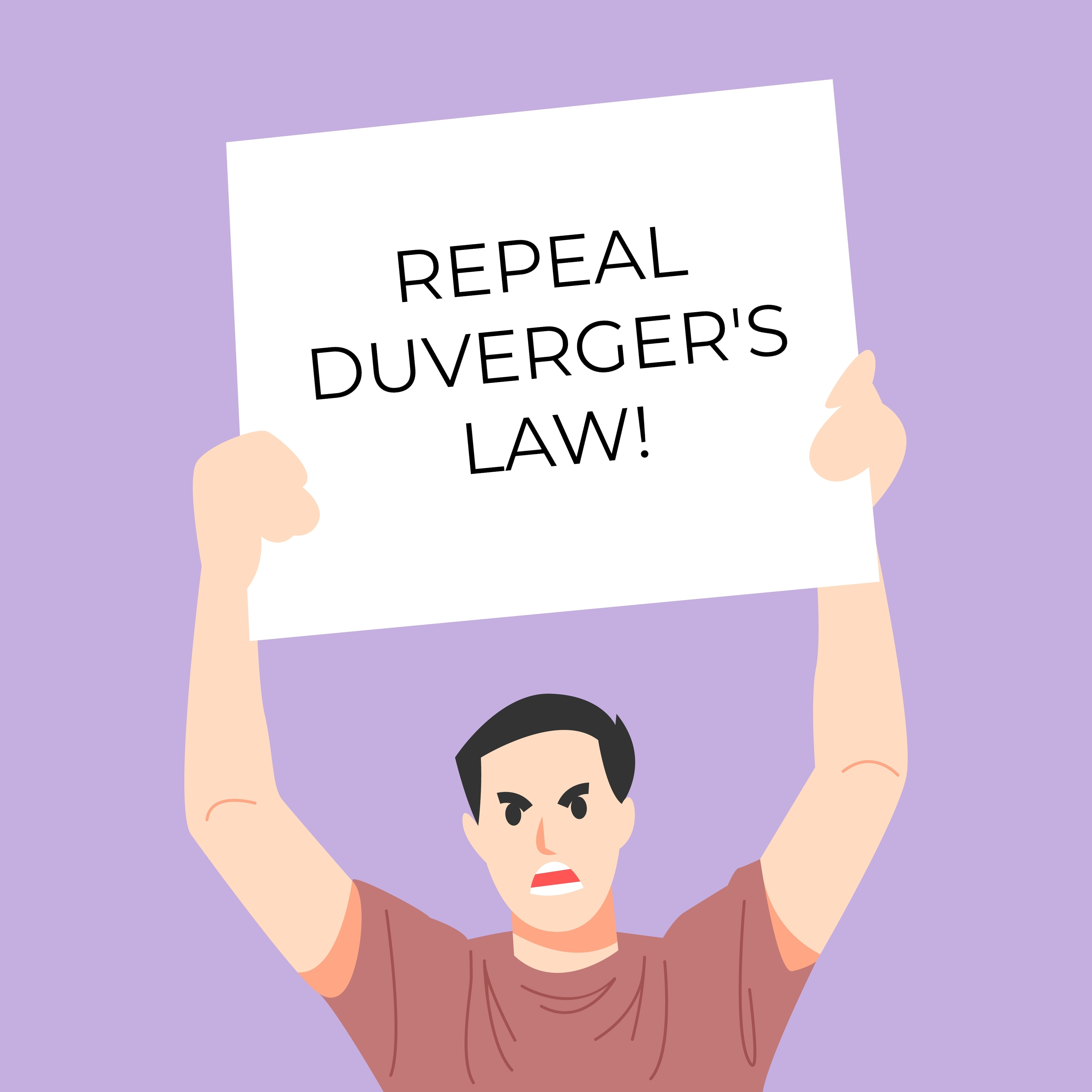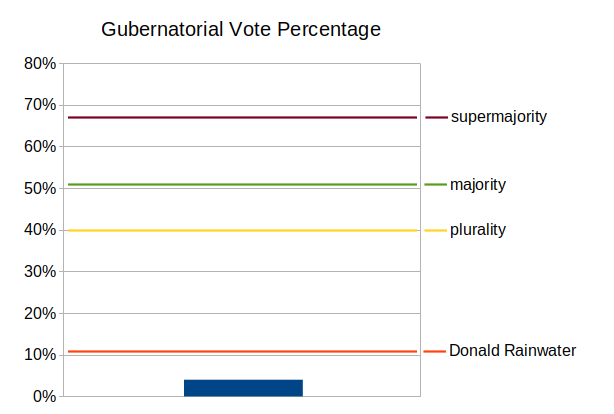
Honesty
Civility
Pragmatism
Stephen Villee for Governor
Hi! I'm the Libertarian candidate for Governor of New Hampshire. I want to give voters a choice for smaller government with much greater freedom for individuals.
If elected, I'll focus on these four legislative priorities. I know they're realistic, because each one recently made it through either the House or the Senate. A little nudge from the governor might help to get them through the other legislative body.
- I want cannabis to be fully legal for adults. New Hampshire is the only New England state that hasn't achieved this already. Last year HB360 was passed in the House, but not in the Senate.
- I'll work to pass Defend the Guard legislation, which would require that Congress officially declare war before the New Hampshire national guard could be activated. Earlier this year HB229 made it through the House, and although it was referred to Interim Study in the Senate, there was one piece of good news: Defend the Guard was added to the New Hampshire Republican platform.
- I want to legalize medical assistance in dying for those facing a terminal illness. This is a good example of an issue that separates Libertarians from Republicans. The House narrowly passed HB1283 earlier this year, with Republicans mostly voting against it. The Senate referred it to Interim Study.
- We need to revise zoning laws to make residential housing development easier. Earlier this year the Senate passed SB538 with amendments, but the House killed it.
You might say the above is my short-term wish list. But as we'll see next, it's likely a moot point.
Third Party Blues

I need to be brutally honest here: I probably won't be elected Governor in November, simply because I'm a third party candidate. Many in my position would gloss over this fact, but my slim chances are actually the main problem I want to address with my campaign.
Only a handful of third party candidates have ever won a major election. Perhaps the most notable example is Jesse Ventura, who was elected Governor of Minnesota in 1998 as the Reform Party candidate. Of course he was already famous, both as a wrestler and as an actor.
The poor fellow in the picture will be disappointed to learn that Duverger's Law isn't a piece of legislation we can repeal. It's really a statement about human nature, explaining the enormous disadvantage faced by third parties. People may hesitate to vote for a third party candidate whose policies they actually like, out of fear that their least favorite major party candidate might get elected. For example, those who want radically smaller government may decide not to vote Libertarian, because they're afraid the Democrat candidate might win.
I'll use the uncapitalized word "libertarian" to denote someone who favors Libertarian policies, without necessarily being a member of the Libertarian Party. We can estimate that libertarians make up about 3% of voters nationwide, based on the fact that Libertarian presidential candidate Gary Johnson received 3.3% of the popular vote in 2016. The prevalence of libertarians could be higher because of Duverger's Law, but I'll use 3% as a conservative estimate.
So 3% of Americans are libertarian. But we aren't getting 3% of the representation in government. In fact, we're not getting any representation at all, because we're spread out all over the country. We make up 3% of Vermont, 3% of Colorado, 3% of Arkansas, and so on. We're a minority in each state, so we get outvoted over and over again.
Democracy is supposed to be one of the great things about America. But for third parties like us, democracy seems like a cruel joke. We're made to play a game we can never win. It's no surprise that many third party folks become bitter and cynical about the democratic process.
Answer: Concentration

I don't want to come across as complaining. I have a solution: let's invite libertarians from all over the country to move to New Hampshire.
Imagine that over the coming years, libertarians relocate to our state by the hundreds of thousands. Once libertarians make up about 40% of New Hampshire voters, enough to form a plurality, everything will be different.
We'll have a Libertarian governor. With luck, both of our representatives in Congress and in the US Senate will be Libertarian. We'll have a major presence in the New Hampshire House and Senate.
Simply put, New Hampshire will be a Libertarian state, in the same way that California is a Democrat state and Texas is a Republican state. For the first time, libertarians will have representation in government.
I can't take credit for this idea on my own. Back in 2001, Jason Sorens wrote an essay pointing out that Libertarians never win federal elections, and proposing that freedom-minded people concentrate themselves in a small state. Thus the Free State Project was born. By 2003, 5,000 people had signed up, and they chose New Hampshire as their destination state. I was mover #6 in December 2003.
Here are some of the ways the Free State Project has been successful:
- Free Staters have built an amazing community of liberty lovers in New Hampshire, with meet-ups happening almost daily somewhere in the state. New movers get a very warm welcome. If they've left a state where people considered them selfish, it can be an emotional experience to be suddenly surrounded by like-minded folks.
- The New Hampshire Liberty Alliance was formed shortly after the Free State Project chose New Hampshire, and many of its board members over the years have been Free Staters. This organization publishes the Gold Standard each week when the state legislature is in session, explaining the pro-liberty position on bills that are up for vote. It also publishes the annual Liberty Rating, which scores each legislator on how closely their votes matched the pro-liberty position on high-impact bills.
- The New Hampshire House Freedom Caucus is a group of legislators who generally cast pro-liberty votes in the House. Most of them are either Free Staters or people with high ratings from the New Hampshire Liberty Alliance. The group has enough members to form a significant voting bloc.
But in other ways the Free State Project has been disappointing. Most of the pro-liberty legislative victories have been what Republicans wanted anyway. For example, we passed constitutional carry via SB12 in 2017. That was a major Republican priority. But we haven't been able to legalize cannabis, despite many attempts.
The stated goal of the Free State Project is a society in which the maximum role of civil government is the protection of individuals' life, liberty, and property. That size of government is generally known as the night-watchman state, or minarchy. Jason Sorens believed that 20,000 Free Staters should be enough to win a majority in the New Hampshire House supporting this goal. His reasoning: the Parti Québécois won a majority in the 1976 Quebec general election with just 1 paid party member for every 62 residents of Quebec.
As much as I admire Jason, I believe his reasoning above was fundamentally flawed. If it were correct, then with over 6,000 Free Staters in New Hampshire now, we should be hearing at least some major discussions about the prospect of minarchy in our state. But we're not. New Hampshire is still very much a purple state. I continue to meet locals who have never even heard of the Free State Project.
The 1976 Quebec general election was an outlier case, for reasons I won't go into here. But by and large, people don't change their political views. You may have observed this if you tried to discuss politics at a family gathering recently. You and the other person probably ended up angrily shouting at each other. Neither of you persuaded the other.
As I explain on the Libertarianism page, the Libertarian Party promotes small government based on classical liberalism, which isn't nearly as radically small as the night-watchman state. Even so, we're unlikely to convince many locals who weren't already convinced. So we'll need hundreds of thousands of libertarians to move here.
A Campaign to Attract Libertarians

Let's imagine a typical libertarian in some other state, thinking about moving here. Speaking candidly, they might say this:
So you want me to move to New Hampshire? The community is nice. But no one seems to have any kind of strategic plan to make the state government truly libertarian. After two decades, Free Staters haven't even managed to legalize cannabis.
I hear some Free Staters want to expand Education Freedom Acounts. There may be some short term benefit to getting kids out of public school. But in the long term, we should be scaling back positive rights, not expanding them.
If all I wanted was a solid red state with constitutional carry and Education Savings Accounts, I could just move to Florida. Then I could wear my Bermuda shorts in the winter.
Give me a reason to move to snowy New Hampshire. Show me that you're really libertarian.
I've designed my gubernatorial campaign to attract folks just like this. I'm stating my long-term goal publicly and unabashedly: I plan to wind down welfare programs, with appropriate grandfathering for those already living here. Eventually, I want to eliminate positive rights in New Hampshire altogether.
The prevalence of libertarians in our state is well above the national average. My goal for 2024 is to win at least 4% of the gubernatorial vote, which will give us major party status. Max Abramson achieved this in 2016, and with your help I can make it happen again this year.
But my campaign isn't just about 2024. Assuming I win at least 4% of the vote this year, I plan to run again in 2026, and again in 2028, always with the same bold Libertarian message. I'll reuse the same campaign website, promoting it nationwide.
Every two years, this will be my message to libertarians here: Please vote for me. Let's show the rest of the country how many libertarian voters we have in our state.
And I'll be saying this to libertarians in other states: For the love of God, please move to New Hampshire, because that's the only way you're ever going to get any representation in government.
Progress Indicator

Every two years, the percentage of gubernatorial votes I win will serve as a progress indicator, showing how close we are to achieving our goals. As more libertarians move to New Hampshire, this percentage should increase. And any increase in this percentage, even a small one, will let libertarians across the country know our state is moving in the right direction, which should inspire even more of them to make the move.
In 2020, Donald Rainwater ran for Governor of Indiana as the Libertarian candidate, and won 11.4% of the vote. This is the highest vote percentage any Libertarian gubernatorial candidate has ever won. He achieved this mainly by campaigning against the COVID-19 policies of Republican Governor Eric Holcomb. As a medium-term goal, I'll strive to win even more than 11.4% of the vote.
The Free State Project once made the suggestion that each new mover try to encourage three other people to make the move. I think this is a great idea, as it will make the migration to New Hampshire proceed exponentially. In any case, beating the Donald Rainwater percentage will give the migration a big boost.
An even more important medium-term goal deserves mention: getting the first person in over 20 years elected to the House as a Libertarian. We can employ a similar strategy of concentration for this endeavor, choosing a district with these characteristics:
- The district has a single seat, and it's not floterial.
- My gubernatorial vote percentage in the district was well above the statewide average.
- None of the major party candidates in the district are endorsed by the New Hampshire Liberty Alliance.
- The district is fairly purple to reduce the plurality level, but slightly blue to minimize the effect of Duverger's Law.
- Residential housing is available or could be made available in the district.
Getting back to the gubernatorial vote percentage, the level needed to achieve plurality will depend on the vote split between Democrats and Republicans, but it's likely to be around 40%. At that point, we'll have a Libertarian governor, and we should have quite a few Libertarians in the state legislature. Hopefully we'll also get some representation in Congress and in the US Senate.
As we go beyond plurality, Duverger's Law predicts that one of the major parties will effectively become a third party in New Hampshire. People will then actually be afraid to vote for that party's candidate, for fear of "wasting" their vote. As a result, we'll need to move closer to a majority in order to maintain our lead.
With luck the migration will continue, giving us a supermajority (2/3 of voters). Then we'll be able to amend the New Hampshire constitution, and we can negotiate for peaceful secession from the United States so we can be free of federal income tax.
What I'm Asking of You

I'm running for governor, knowing that I probably won't be elected. And I'm asking you to vote for me, knowing that I probably won't be elected.
Ordinarily this would be an exercise in futility. But in this case, it's part of a long-term plan to encourage libertarians to move to our state, so that someday we'll have a Libertarian governor. Hopefully in our lifetime.
When you vote for me, you'll be telling the world, right now I'm not getting any representation in government.
And you'll be telling libertarians across the country, we're ready for you, when you decide to move here.
Actually, I want more than just your vote. I'll ask you to do two other things, both of which are counterintuitive: Lose the Hate and Lose the Fear.
Lose the Hate

I don't just want to turn New Hampshire into a Libertarian state. If we're going to all this effort, let's shoot for the moon. After our state becomes Libertarian, I want to maintain excellent relations with other states and with the federal government.
As a practical matter, the federal government is very powerful, and we'd be foolish to make an enemy of them. But there's a deeper reason we should treat non-libertarians with respect: they're human beings, not that different from us. They just have different political orientations.
In his 2012 book The Righteous Mind, Jonathan Haidt explains why different people have different political and moral views. He describes six moral foundations that behave like tastebuds for people to judge how they feel about a situation. The sixth of these is the Liberty/Oppression Foundation. Libertarians tend to focus primarily on this foundation, while non-libertarians pay more attention to the the other five.
I find it helpful to compare the libertarian community to the gay community. Earlier we estimated that libertarians make up about 3% of voters. A recent Gallup poll reported that 7.1% identified as LGBT. So both are small minorities.
What we libertarians want (a government without welfare programs) is considered repugnant by non-libertarians. Similarly, gay sex is considered repugnant by many straight people, so much so that prior to 1962 it was outlawed in every state.
Though I'm no expert, I suspect that both political and sexual orientation is largely determined at birth. As the brain of the fetus is forming, the moral foundations are assigned in a somewhat random fashion. In about 3% of the cases, the Liberty/Oppression Foundation is dominant, and the baby will grow up to be libertarian. At the same time, sexual orientation is randomly assigned, and in about 7% of the cases, the baby will grow up to be LGBT.
Of course, I'm oversimplifying. Some people do change their political views. But this happens rarely. Hence we need to concentrate ourselves in New Hampshire.
Recall that the gay community improved their visibility by concentrating themselves in cities like San Francisco. And they were sometimes accused of trying to corrupt the morals of straight people. They had to respond in this fashion: We're not trying to impose gay sex on you. We just want you to understand and respect that we want gay sex for ourselves.
Likewise, we need to reassure non-libertarians that we're not trying to impose small government on them. We just want them to understand and respect that we want small government for ourselves. That's what the grandfathering is all about.
I encourage you to have friends with a variety of political views. Step out of the libertarian bubble now and then. You might try attending a Democrat County Committee meeting sometime. Just sit there and listen. You'll find that the people you thought were your enemies aren't that different from you. They're passionate, and they honestly believe they're doing the right thing. As a mental exercise, make a real effort to understand their political viewpoint. See if you can articulate their viewpoint without it sounding like an insult.
Liberty Forum is an annual event hosted by the Free State Project, and this year a wonderful thing happened: former state senator Jeanne Dietsch attended. She runs Granite State Matters, a site that's highly critical of the Free State Project. During lunch, Executive Director Eric Brakey recognized and introduced her. She stood up and took a bow, so I think at that moment anyway she was having a good time. I did my best to make her feel welcome. I'd love to see other Free State Project critics attend our events.
Lose the Fear

Recall what Duverger's Law predicts: libertarians will sometimes be afraid to vote for the Libertarian candidate, out of fear that the Democrat candidate will win. I'm asking you to overcome this fear. Folks moving to New Hampshire need to know that if they run for office as Libertarian, you'll have the courage to vote for them as long as they truly have Libertarian policies.
In the case of the gubernatorial race, it comes down to this: trust that it won't be a disaster if the Democrate candidate wins. Have faith that the New Hampshire House Freedom Caucus will hold the line on any bad legislation, no matter who's governor.
Keep in mind that a Republican governor sometimes works against liberty. In 2019, Republican governor Chris Sununu vetoed HB364, a cannabis home grow bill that both the House and the Senate had passed.
Also, sometimes a Democrat governor works in favor of liberty. In 1999, HB109 which would have introduced a state income tax was killed because Democrat governor Jeanne Shaheen threatened to veto it.
A vote that expresses your true preference is never wasted.
